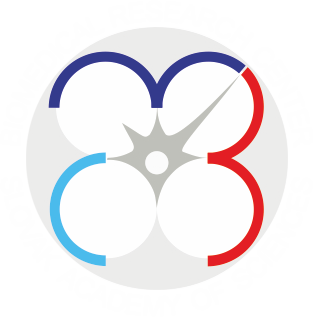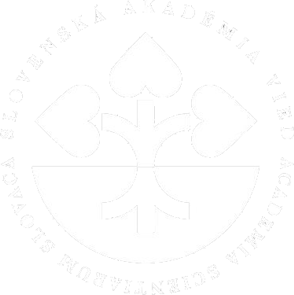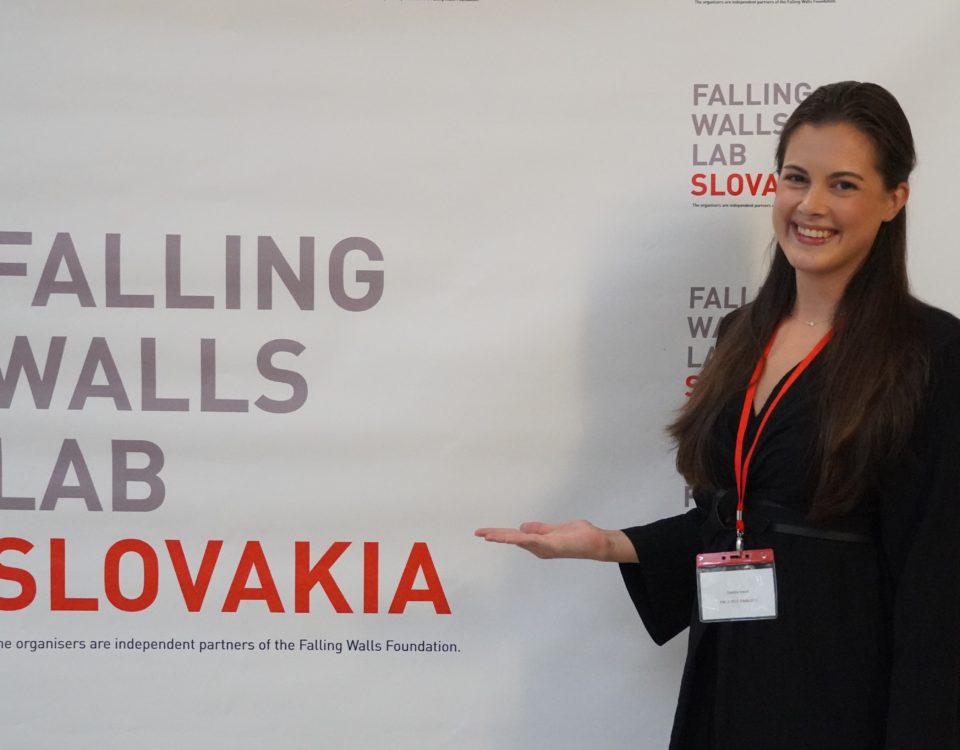This website uses cookies so that we can provide you with the best user experience possible. Cookie information is stored in your browser and performs functions such as recognising you when you return to our website and helping our team to understand which sections of the website you find most interesting and useful.
REACH project launched to target one of the most aggressive forms of cancer
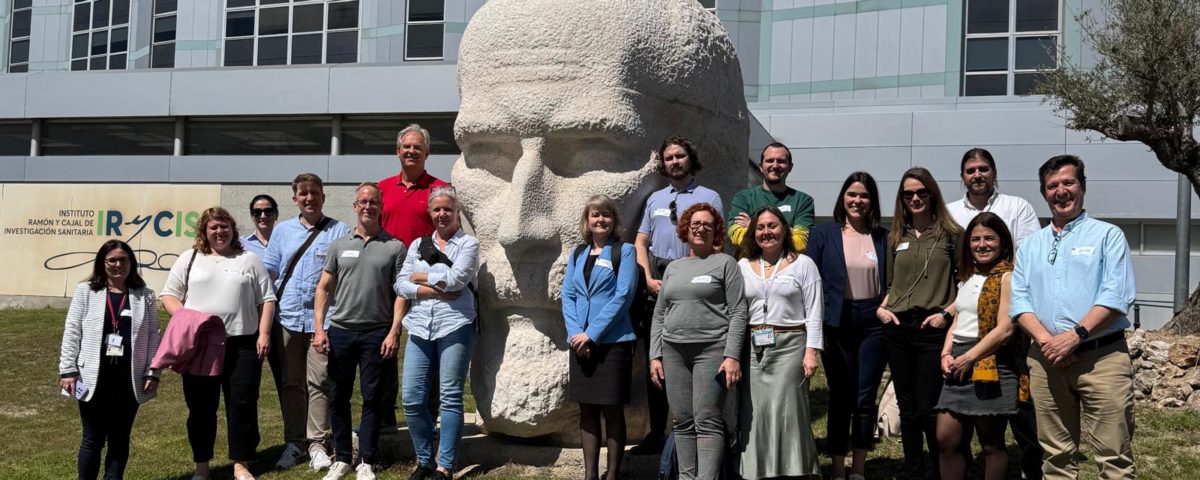
REACH kick off meeting held in Madrid the past April, with researchers representing every institution in the consortium.
REACH project on ductal adenocarcinoma of the pancreas (PDAC), one of the deadliest forms of cancer, kicked off these months. The Biomedical Research Center of the Slovak Academy of Sciences, v. v. i. (BMC SAS) is one of the investigators of the project, which has received funding under the transnational call TRANSCAN 3 2023 “Translational Research on Cancer Epigenetics”. The results may contribute to the development of more effective personalised treatments.
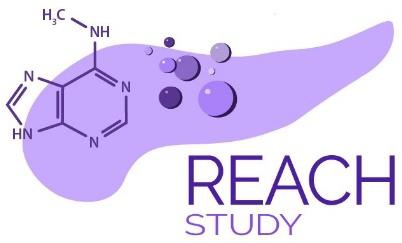 The REACH project, “Reversing Epitranscriptomic Alterations for CHemosensitization of Pancreatic Cancer”, led by Ramón y Cajal Health Research Institute (IRYCIS) with Dr. Bruno Sainz Anding as coordinator was selected for funding, awarded with around 1.3 M€.
The REACH project, “Reversing Epitranscriptomic Alterations for CHemosensitization of Pancreatic Cancer”, led by Ramón y Cajal Health Research Institute (IRYCIS) with Dr. Bruno Sainz Anding as coordinator was selected for funding, awarded with around 1.3 M€.
REACH is funded within the TRANSCAN 3 Joint Transnational Call for Proposals 2023 “Translational research on cancer epigenetics” and it is made up of a consortium of 5 institutions distributed in 4 different countries.
Its principal researchers are Dr. Bozena Smolkova from the Slovak Academy of Sciences (Slovakia), Dr. Sylvia Wagner from Fraunhofer-Gesellschaft zur Förderung der angewandten Forschung e.V (Deutschland), Dr. Vita Rovite from the Latvian Biomedical Research and Study Centre (Latvia) and Dr. Justo Castaño from Maimonides Biomedical Research Institute of Córdoba (Spain).
The project, which will be active for 36 months, has already held its kick off meeting in Madrid, home to the coordinator institution (see consortium group picture below), gathering researchers from all across Europe and fostering collaboration, knowledge exchange and setting the pillars for the careful strategic planning required to successfully implement the REACH project and maximise its impact on society.
Pancreatic ductal adenocarcinoma (PDAC), while not among the most common cancers, remains one of the deadliest and most treatment-resistant tumors, with a five-year survival rate of just 10–11%. Despite the introduction of new treatment options, the standard of care has seen little progress over the past three decades, and overall survival still ranges between 6 and 12 months. This poor prognosis is largely due to the tumor’s inherent resistance to chemotherapy and radiotherapy, driven in part by cancer stem cells (CSCs) with unique transcriptional profiles regulated by epigenetic and epitranscriptomic mechanisms.
The REACH project aims to address this challenge by exploring the largely uncharted field of PDAC epitranscriptomics, particularly the role of N6-methyladenosine (m6A) modifications in regulating chemoresistance. By using tumor-targeting nanoparticles to deliver modulators of m6A “writers,” “erasers,” and “readers” directly to PDAC cells and CSCs, REACH seeks to reprogram the tumor’s epitranscriptomic landscape and sensitize it to standard chemotherapy.
This approach will be tested in advanced preclinical models, including patient-derived xenografts and 3D cultures, with the ultimate goal of translating these findings into effective, personalized therapies that could significantly extend survival for patients with this devastating disease.
Viac info: https://transcan.eu/output-results/funded-projects/reach.kl
Text: IRYCIS; E. Rybárová, BMC SAV
Photo: archive of Dr. B. Smolková
